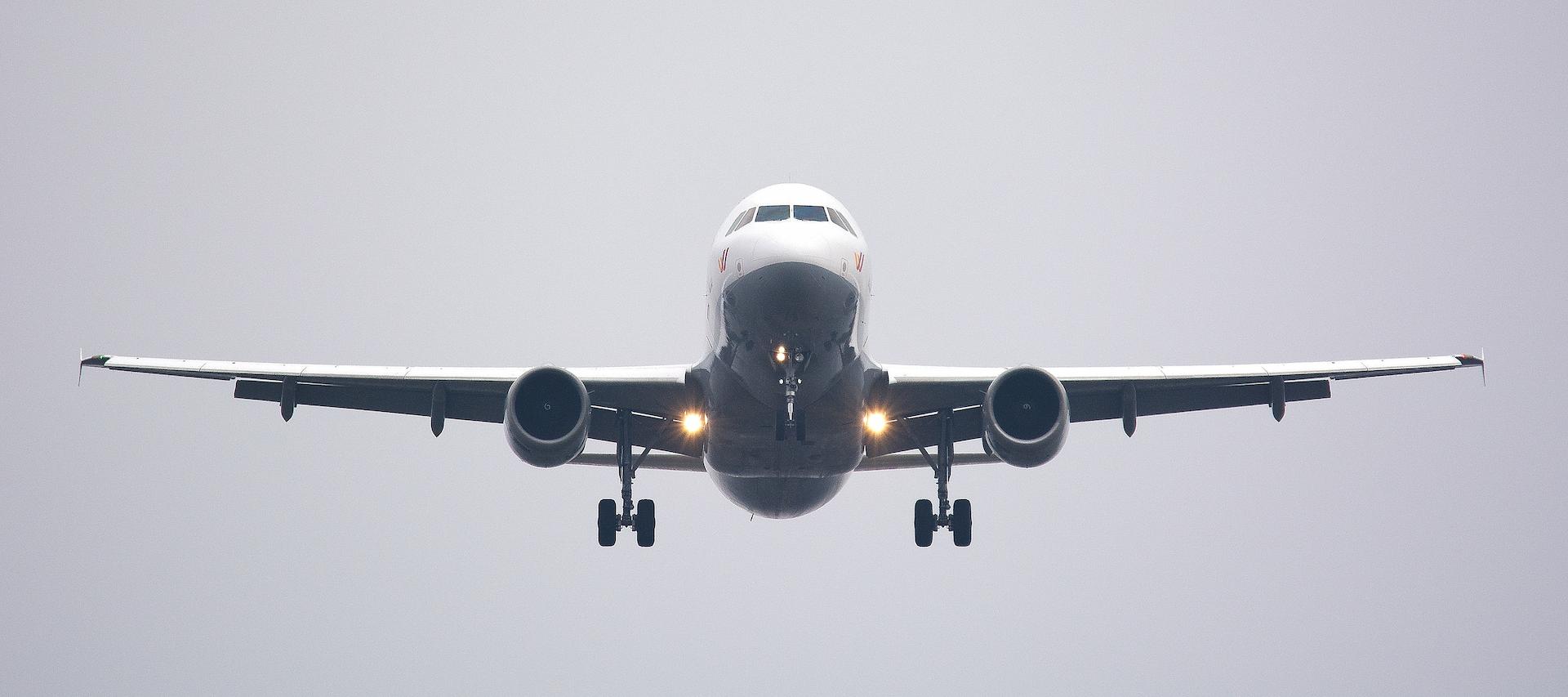NATIONAL AVIATION SAFETY POLICY
The Civil Aviation Authority, hereinafter referred to as HCAA, in accordance with the constituent Law 4757/2020 (A' 240), is responsible for the certification, oversight and enforcement in the field of air transport, air navigation and airports as well as the application of national and EU legislation and international conventions.
To meet the continuous requirements of Civil Aviation and to ensure the maintenance and improvement of the level of safety, with the aim of increasing confidence in air transport, HCAA implements and maintains the Hellenic Plan for Aviation Safety and the principles of the State Safety Management System, in accordance with the requirements of the Basic Regulation (EU) 2018/1139 and Annex 19 of the International Civil Aviation Organisation (ICAO).
To fulfill the above, HCAA:
- ensures that adequate resources both financial and human are available to carry out its functions;
- ensures high level of its staff through continuous training, with particular emphasis on the concepts of safety management;
- implement its oversight obligations according to Risk and Performance Based Oversight principles and gives priority to the level of implementation of management systems by air organisations;
- promotes the principles of safety culture in organisations and in general aviation and encourages them to report all safety issues and related incidents through new procedures that ensure that the information communicated to the Authority is used to improve aviation safety and not to apportion blame;
- safeguards the confidentiality and appropriate use of information on occurrences as well as the protection of information sources except in the cases of wilful misconduct or gross negligence which caused foreseeable damage to a person or property, or serious compromises the level of aviation safety;
- implements risk management at national level, based on the proactive risk management strategy, by identifying safety issues and taking the necessary actions and measures to mitigate the risks;
- establishes the Safety Performance Indicators (SPIs), Safety Objectives and Safety Targets for the State’s and air organizations’ level of safety and define the actions at national level to improve it, pursuant to state’ s risk profile and in agreement with the air organisations;
- ensures and promotes the realization of 'just culture'. In the Hellenic aviation system, just culture involves defining and communicating acceptable and unacceptable behaviours, promoting a climate of confidence and fairness, and complying with the principles of just culture in practice. It also includes addressing unacceptable practices in cases referred to in Article 16(10) of the EU 376/2014;
- takes enforcement actions to the operation of air organisations, according to Law 4757/2020 and European Regulations as applicable, in cases that the level of safety is compromised or a violation of national or EU legislation related to civil aviation is found;
This NATIONAL AVIATION SAFETY POLICY is reviewed, when deemed necessary by HCAA Governance, as to its continued validity.
The HCAA Governor
Dr. Christos Tsitouras
2nd edition _Day. 1/4/2024






